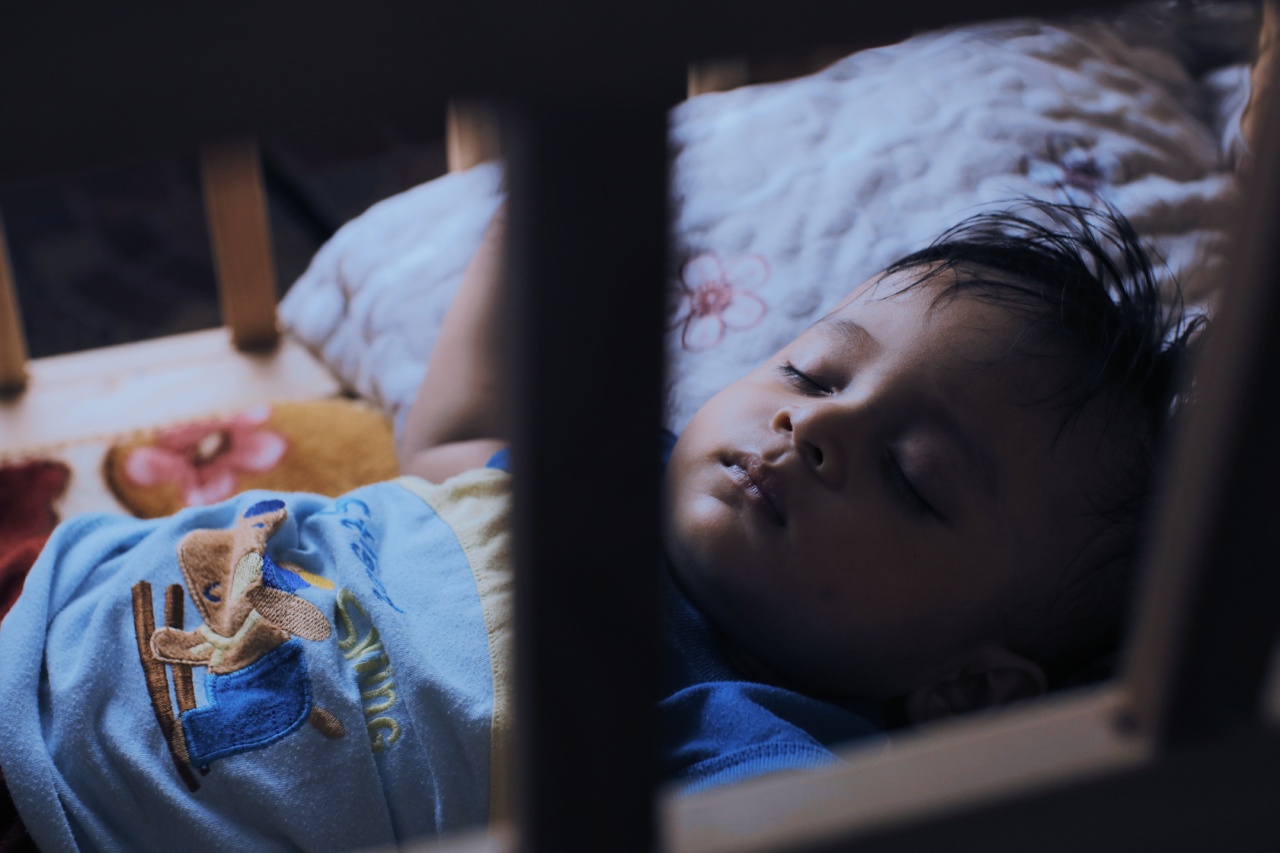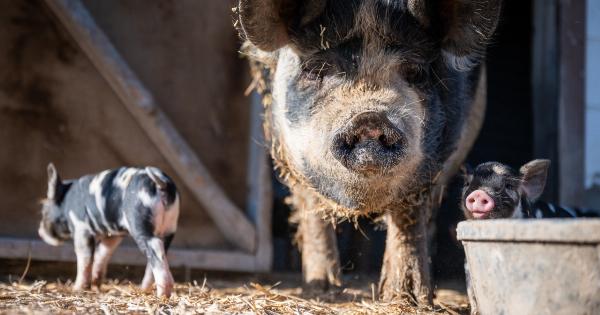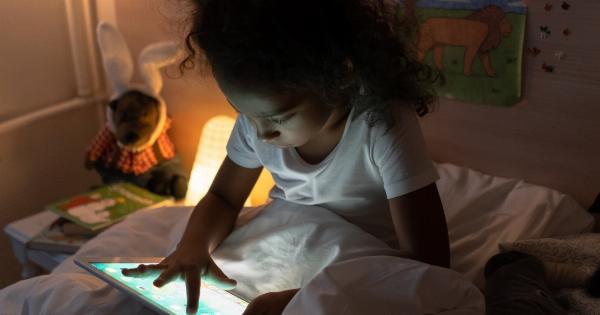As a new parent, ensuring your baby gets enough sleep is essential for their growth and development. The sleep habits you establish in infancy can have a lasting impact on their sleep patterns as they grow older.
In this article, we will explore the transition from co-sleeping to crib training and provide tips on how to help your baby sleep independently.
Understanding Co-Sleeping
Co-sleeping refers to the practice of parents and babies sharing the same sleeping area, typically the same bed. Many parents choose this arrangement as it fosters a stronger bond and enables them to respond quickly to their baby’s needs.
However, there may come a time when you feel ready to transition your baby to sleep in their own crib.
Signs It’s Time to Transition
Knowing when to transition your baby from co-sleeping to a crib can be subjective. However, there are some common signs that may indicate it’s time to make the change:.
- Restless sleeping and frequent waking
- Increased mobility (rolling, crawling)
- Lack of personal space for parents
- Desire for more independence
Preparing the Environment
Before initiating the transition, it is essential to create a safe and comfortable sleep environment for your baby. Here are a few key steps to consider:.
1. Choose the Right Crib
Select a crib that meets safety standards and is suitable for your baby’s age. Ensure the mattress is firm and fits snugly against the sides to prevent gaps.
2. Establish a Bedtime Routine
A consistent bedtime routine can signal to your baby that it’s time for sleep. Incorporate activities such as a warm bath, lullabies, or reading a book to create a calming atmosphere.
3. Gradual Transition
To make the transition smoother, consider having your baby sleep in a crib next to your bed initially. This allows them to adjust gradually and provides the reassurance of your presence.
Introducing Independent Sleep
Once you’ve prepared the environment, it’s time to introduce your baby to independent sleep. Here are some strategies to help them adapt:.
1. Start with Daytime Naps
Begin by having your baby take naps in their crib. This lets them get accustomed to the new sleep environment during the day when there is more light and activity.
2. Establish a Pre-Sleep Routine
Create a pre-sleep routine to signal to your baby that it’s time to wind down. This could include dimming the lights, singing a lullaby, or gentle rocking.
3. Gradually Increase Nighttime Crib Use
Once your baby is comfortable napping in their crib, begin transitioning them to sleep in the crib at night as well. Start with a few hours and gradually increase the duration throughout the night.
Addressing Challenges
Transitioning from co-sleeping to crib training may come with challenges along the way. Here are some common issues and strategies to overcome them:.
1. Resistance to the Crib
If your baby resists sleeping in the crib, try placing a worn item of clothing or a familiar blanket with your scent near them. This can provide comfort and reassurance.
2. Night Waking
If your baby wakes up during the night and struggles to fall back asleep, reassure them with your voice or a gentle touch. Avoid picking them up immediately to encourage self-soothing.
3. Consistency
Consistency is key when it comes to helping your baby sleep independently. Stick to the established routine and gradually reduce your presence during the night to encourage self-soothing skills.
Enjoying the Benefits
Transitioning your baby to sleep independently brings several benefits for both parents and the child. Here are a few advantages:.
1. Better Quality of Sleep
Babies who sleep independently tend to experience better quality sleep as they are less likely to be disturbed by parental movements or noises.
2. Self-Soothing Abilities
By encouraging independent sleep, you are promoting your baby’s self-soothing abilities. This is a valuable skill that will benefit them in the future.
3. Increased Independence
Sleeping independently fosters a sense of autonomy and independence in your baby, which is essential for their overall development.
Conclusion
Transitioning your baby from co-sleeping to crib training is a significant milestone. By following the tips and strategies outlined in this article, you can help your baby develop healthy sleep habits and the ability to sleep independently.
Remember, every baby is unique, so be patient and flexible as you navigate this transition together.






























